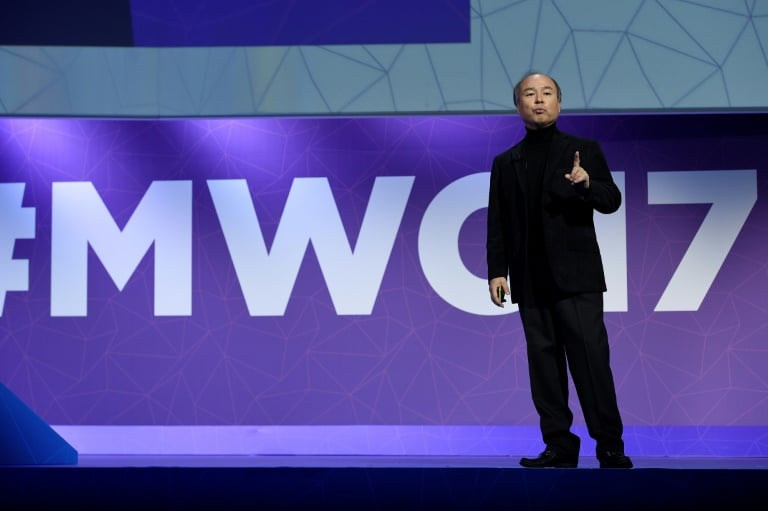Uber's tieup with Japanese tech giant SoftBank suggests the ridesharing giant is set to come of age in the business world, but it still faces a long road ahead.

The deal is giving the world’s most valuable startup an additional $1 billion in capital and could allow SoftBank to acquire as much as 14 percent of Uber over time.
While Uber has become a global phenomenon operating in more than 600 cities and dozens of countries, it is trying to move past a series of scandals and missteps that have included executive misconduct, a toxic work atmosphere and potentially unethical competitive practices.
One step toward the future was the hiring of chief executive Dara Khosrowshahi earlier this year, which left founder Travis Kalanick in the background.
But Uber needs to clean up its governance and other practices if it intends to meet its goal of a 2019 stock market debut that will open up the privately held firm to greater scrutiny.
“The SoftBank investment suggests Uber is becoming far more mature, however momentum is against the company at the moment, so there is some risk it will be too little and too late,” said analyst Rob Enderle of Enderle Group, who follows Silicon Valley.
Enderle said Uber’s agreement with SoftBank is “a great start, but just that, and the truly hard work is still to be done.”
Under Kalanick, Uber reached an eye-popping valuation of $68 billion, unprecedented for a private firm. But at the same time it has faced resistance from traditional taxi operators and regulators, and faces a possible ban in cities like London for failing to live up to local rules.
The deal with SoftBank is aimed at getting past the clashes between Kalanick and early investors like Benchmark Capital, which has sued the former CEO.
SoftBank is expected to buy up shares from some investors by pumping in as much as $9 billion, in a so-called tender offer to Uber stakeholders.
Rajeev Misra, CEO of SoftBank Investment Advisors, said some details are not yet final.
“By no means is our investment decided. We are interested in Uber but the final deal will depend on the tender price and a minimum percentage shareholding for SoftBank,” Misra said in a statement.
Uber called the SoftBank deal “a strong vote of confidence” in the company’s long-term potential.
“Upon closing, it will help fuel our investments in technology and our continued expansion at home and abroad, while strengthening our corporate governance,” it added.
But Uber has other issues as well. It is in court facing Waymo, the former Google Car unit, which has alleged the theft of trade secrets on autonomous vehicle technology, in a case pending in California.
Uber’s use of software aimed at thwarting rivals like Lyft has also hurt its image, and could create further legal woes.
– Autonomous potential –

SoftBank Group CEO Masayoshi Son sees an investment in Uber as part of a broader focus on tech startups
Jack Gold, president of J. Gold Associates, said the deal with SoftBank suggests the Japanese firm “is now feeling much more comfortable that the board is asserting some control and that many of the bad publicity is behind Uber.”
“Uber has a lot of potential, especially in the emerging world of autonomous driving. I think that’s where SoftBank has its focus on the investment,” the analyst added.
Uber is facing tougher competition around the world, with rivals in Asia and Europe ramping up efforts and the expansion of US-based Lyft — which on Monday announced it would launch services in its first city outside the US market in Toronto, Canada.
Uber appears to have a head start on its rivals, but it’s not clear if it can keep its lead.
“It depends on whether or not the board can continue to assert some control and maturity on the running of the company,” Gold said.
“At the moment, it looks good, but we have to see if the old management with lots of stock can make its way back into the mix.”
Support Local Journalism
Add The Citizen as a Preferred Source on Google and follow us on Google News to see more of our trusted reporting in Google News and Top Stories.






